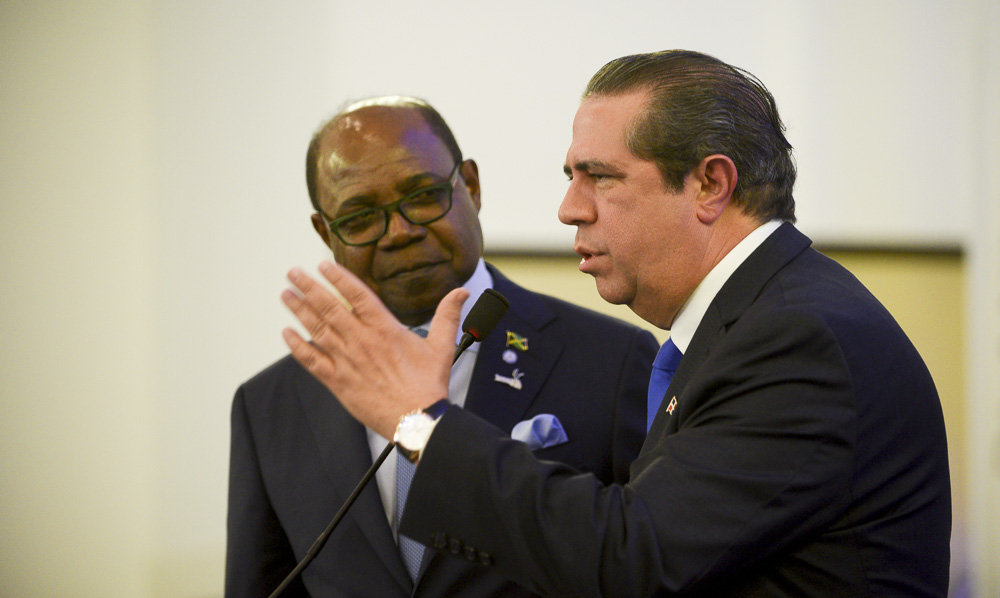
In spite of the beautiful weather in Switzerland, this August saw fewer tourists than last year’s. The overnight stays decreased by 3.6 percent to 4.1 million. Especially the mountain regions struggle with the lack of guests and the overall pricing pressure.
After the strong July, the Swiss hospitality industry had to face losses in August. Fewer domestic and international tourists stayed in local hotels, as shown by the provisional numbers that were issued by the Federal Statistics Office (BFS).
The union Hotelleriesuisse was surprised by the extent of the decrease in August. The spokesman of the association Beat Waldmeier specifically mentioned that the weather was better than in previous August. This is an important factor, since weather plays a large role in domestic tourism.
Nevertheless, domestic overnight stays decreased by 1.5 percent to 1.7 million. One of the reasons was that the summer already reached a very hot peak in July. Because of this, most domestic tourists preponed their vacations and visited the mountains earlier than usually.
Fewer European Guests
However, the number of domestic tourists was not the only one which decreased – the number of overnight stays booked by international tourists decreased by 5.0 percent to 2.4 million. Once more, there were more guests from Asia, America, Oceania and Africa, but they were not able to balance out the lack of European guests.
Contrary to the previous year, European guests made up 15.2 percent of all revenue. Since the Francs’ decoupling from the Euro, European tourists tend to avoid vacations in Switzerland; because, from their perspective, the destination got more expensive. This led to fewer visitors from very strong markets such as Germany, the Netherlands, Russia and Italy.
Steep Losses in Mountain Regions
Subsequently, eleven out of fourteen tourism regions had to face losses. Only Zurich and the region around Geneva (Waadtland) were able to record an increase in overnight stays. The region Luzern/Vierwaldstättersee made stable numbers.
The largest victims of this drop regarding the hospitality industry were the regions Graubünden, Tessin and Wallis with decreases between 5.7 and 13 percent. Since the beginning of the year, these three regions recorded 100,000 to 200,000 fewer overnight stays compared to previous year – while Zurich was able to count 173,077 additional bookings.
Unlike larger cities, traditional holiday regions cannot benefit from the stable business tourism. Instead, they largely depend on European guests, which tend to be more price sensitive than Asian guests, for example.
Less Revenue per Room
An even stronger factor for the recorded losses were the decreasing revenues per bookings. According to Hotelleriesuisse spokesman Waldmeier, most hotel owners struggle with the existing pricing pressure, leading to lower revenue per room.
The Swiss hospitality industry also saw several hotels in the mountain regions closed for the summer. Despite the lower number of open hotels, the load factor still decreased. In Bündnerland for example, only 42 out of 100 beds were booked, as compared to previous year’s 45. The Swiss average is at 52 out of 100 beds.
The structural readjustment in Switzerland’s tourism industry continues. On the one hand, the current trend points to larger establishments, said Waldmeier. On the other hand, tourism is moving from the mountains to the cities. Traditional mountainside hotels close while new establishments open in cities.










